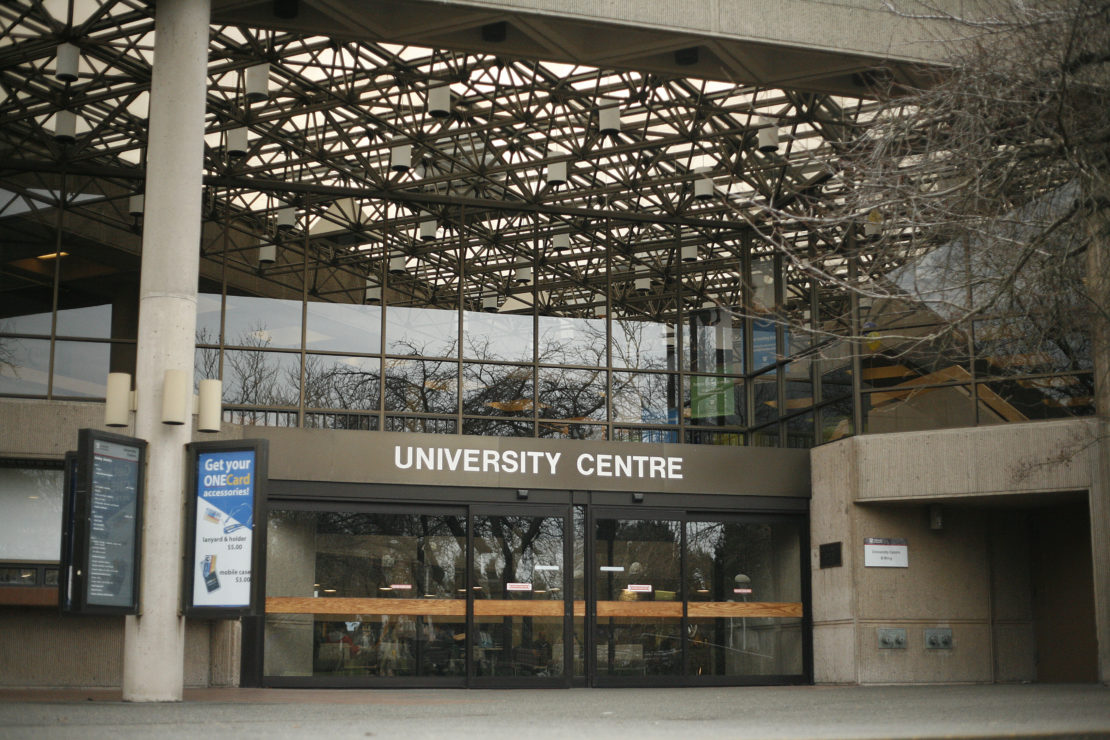
The outbreak of COVID-19 has stolen the spotlight and left many things in darkness. Among these are the international students who have been left in limbo around Canada and the world — leaving many to decide whether it is safer to stay here or go home (which home is home, anyway?). There are over 642 000 international students in Canada, including more than 3 000 here at the University of Victoria.
There are so many of us trying to decide whether to stay in an indefinite state of loneliness, or to take a leap of faith and travel thousands of miles back to our families amidst the COVID-19 hellfire. Such personal pressures can bring us on the verge of disregarding the health and safety of ourselves and others. The unpleasantness of this experience is worsened by a lack of guidance for international students making this decision. Proper travel guidance from universities and the government can be vitally significant in this time of uncertainty.
The future of the COVID-19 outbreak is hard for even governments to predict, but how they respond is especially significant for international students. Going back home poses the risk and the fear of not being able to re-enter Canada if travel restrictions were to get even stricter. On March 16, Prime Minister Justin Trudeau announced that Canada would not give entry to people without Canadian citizenship or permanent residency (though, at the time, U.S. citizens were also exempt).
After many temporary workers and international students raised concerns, Immigration, Refugees, and Citizenship Canada (IRCC) announced that members of these groups would still be able to enter the country. Despite this, I still fear going back to my family; especially since the country my family lives in is *clears throat* Iran — a known and established hotspot of the coronavirus outbreak. It feels weird to see many of the people I know travel back home to their families in countries with less severe COVID-19 conditions (you have to admit, jealousy exists in everyone).
But how would international students be affected if they were to temporarily leave to their home countries? I hoped the government’s website would have something about international students who are already in the country. I wandered in vain around the immigration section of the website, only to find no information on the topic.
It disappoints me that the government has not paid enough attention to the 642 000 international students living in Canada, many of whom would like to be with their families. I understand that Canada does not recommend any “non-essential travel” for health concerns. Yet I can’t help but wonder why going back to your family at a time of a pandemic crisis would be considered “non-essential.”
Confused and unable to find anything on the government website, I thought I’d call UVic’s International Student Services (ISS) to ask for their professional opinion. They told me that this is a “personal decision” and they cannot tell me whether I should leave or not.
Now, I understand that both the IRCC and the ISS are committed to their professionalism. At the end of the day, this really is a personal decision. However, all I really wanted was some semblance of an honest recommendation based on some professional expertise.
To be fair, it is a big personal risk to take and no one will know for sure how much worse or better this is going to get, especially if you put it on an international scale. Nevertheless, I do not think that international students are getting the attention they deserve from the government and their universities. After all, Canada ranks third in the world for its international student population. UVic has always had good services to support all students, but a little more focus on international students is necessary during the current circumstances.
I think if international students were given the right travel advice in the right way — a way that would make them feel belonged as if Canada really is their home — they would feel more comforted to stay. Not to mention that they would not put themselves or any others in grave danger.






